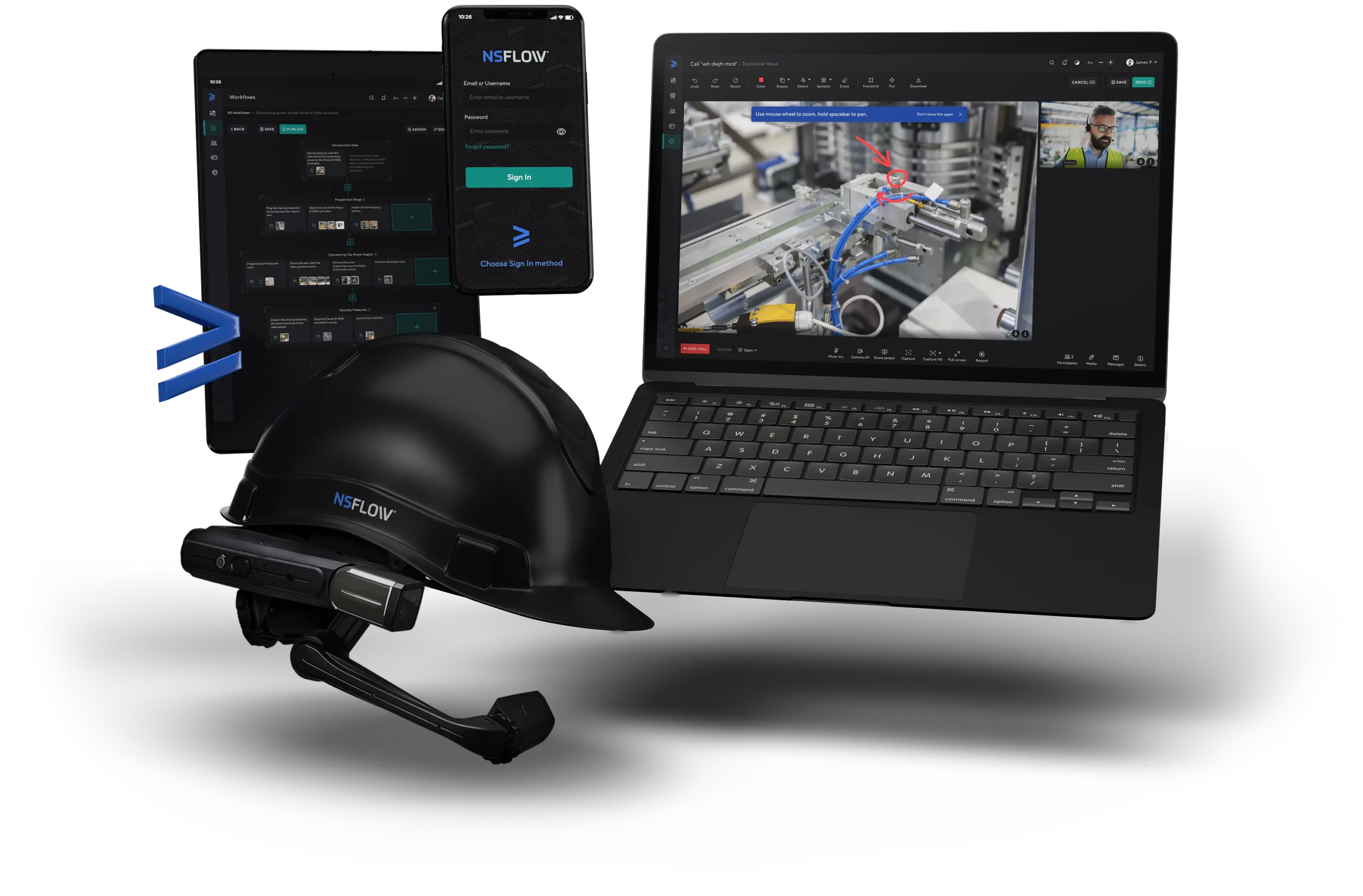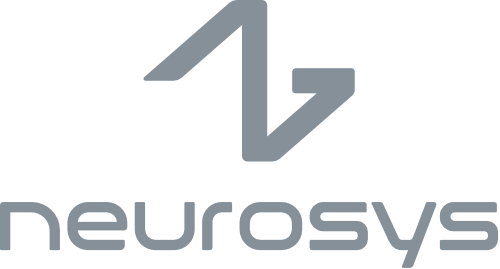The success of any organization relies heavily on its employees’ knowledge, skills, and expertise. Employee training is a critical component of talent development and organizational growth. It equips employees with the necessary competencies to excel in their roles, adapt to evolving industry trends, and contribute to the overall success of the organization. Corporate training ensures that employees remain up-to-date with industry best practices, technologies, and regulatory changes, fostering a culture of continuous learning and professional development.
Introduction to augmented reality in corporate training
Augmented Reality (AR) enhances the user’s perception of reality by integrating digital information, such as images, videos, or 3D models, into their immediate surroundings. In the context of corporate training, AR offers a powerful tool to create immersive and interactive learning experiences. It allows employees to interact with virtual objects, practice tasks, and receive real-time feedback, bridging the gap between theory and practical application.
The role of training in improving employee performance, engagement, and retention
Corporate training goes beyond skill development; it plays a crucial role in improving overall employee performance, engagement, and job satisfaction. When employees receive effective and relevant training, they feel more confident in their abilities and are better equipped to contribute meaningfully to the organization. This sense of empowerment leads to higher motivation, productivity, and job satisfaction, ultimately fostering a positive work environment and reducing employee turnover.
Additionally, well-designed training programs that cater to individual learning needs and career aspirations demonstrate an organization’s commitment to employee development. This, in turn, cultivates a culture of continuous learning and professional growth, which can be a significant factor in attracting and retaining top talent. Augmented reality in corporate training adds a new dimension to engagement by providing interactive and experiential learning experiences. The immersive nature of AR simulations captivates employees, making learning enjoyable and memorable, thus increasing knowledge retention and application.
Benefits of AR in corporate training
By integrating virtual elements with the real-world environment, AR creates engaging and interactive training scenarios. Employees can interact with virtual objects and practice tasks in a safe and controlled environment, eliminating the risks associated with on-the-job training. This hands-on approach enables employees to learn by doing, which is proven to be more effective than passive learning methods.
Moreover, AR offers personalization and adaptability, catering to different learning styles and skill levels. Training content can be customized based on individual needs and performance, ensuring that employees receive the right level of challenge and support. AR technology also enables remote training, allowing geographically dispersed employees to participate in collaborative learning experiences without the need for physical presence. Overall, AR enhances the learning experience, making corporate training more efficient, engaging, and effective. Augmented reality employee training is a chance to boost skill-building processes within organizations, and software scalability makes for a chance for large corporate structures to deliver a standardized experience to employees company-wide.
AR applications in various corporate training scenarios
AR finds diverse applications in corporate training across industries and job roles. Some common scenarios include technical skills training, soft skills development, safety training, onboarding, leadership development, and product training. For instance, in technical skills training, AR can provide engineers with interactive simulations to practice complex procedures or troubleshoot equipment malfunctions. Sales representatives can benefit from AR-enhanced product training, where they can explore product features and specifications in a virtual space. Leadership development programs can leverage AR for decision-making simulations and team management exercises, preparing leaders to handle real-world challenges effectively.
AR’s versatility allows organizations to tailor training experiences to meet their specific needs and objectives. Whether it’s simulating a customer service scenario or demonstrating proper equipment usage, AR provides a dynamic and customizable platform for employee training in various corporate settings. The technology’s ability to create engaging, memorable, and personalized experiences positions AR as a game-changer in corporate training, delivering tangible benefits for both employees and businesses.

presentation to try
Nsflow in action
Advantages of augmented reality in corporate employee training
Immersive learning experiences
One of the most significant advantages of augmented reality in corporate training is its ability to create immersive learning experiences. AR simulations engage employees in interactive scenarios, enabling them to actively participate in the learning process. This hands-on approach fosters a deeper understanding of concepts and skills, as employees can practice and apply their knowledge in realistic virtual environments. Immersive learning experiences are more memorable, enhancing knowledge retention and the transfer of learning to real-world situations. Employees are more likely to retain and apply the skills learned through AR simulations, resulting in improved job performance.
Furthermore, the sense of presence and realism in AR training fosters a higher level of engagement and motivation. Employees are more invested in the training process when they feel connected to the content and see its relevance to their roles. This increased engagement drives a positive learning experience, leading to higher satisfaction and a willingness to pursue further professional development opportunities.
Real-time simulations and safety training
AR technology is particularly valuable for safety training in corporate settings, where workplace accidents and incidents can have severe consequences. AR simulations can replicate hazardous scenarios without exposing employees to actual risks, allowing them to practice emergency response and safety protocols in a controlled environment. For industries with safety-critical operations, such as manufacturing, construction, or healthcare, AR provides an effective platform for preparing employees to handle high-stress situations and minimize potential harm. AR safety training incorporates real-time simulations enabling employees to experience the consequences of their actions in the virtual environment. They can witness the outcomes of unsafe behaviors or incorrect procedures, reinforcing the importance of adhering to safety guidelines. This experiential learning approach enhances safety awareness and compliance, reducing workplace accidents and contributing to a safer work environment.
Augmented reality applications in corporate training
AR for onboarding and employee orientation
Employee onboarding is a critical phase that sets the tone for an employee’s experience within the organization. Augmented reality enhances onboarding and orientation programs by providing interactive and engaging experiences for new hires. Training with AR can introduce new employees to the company’s culture, values, and mission through immersive presentations and virtual tours. Employees can virtually meet key team members and leaders, fostering a sense of belonging and integration into the organization.
AR simulations can also familiarize new hires with their job roles and responsibilities, guiding them through typical tasks and processes they will encounter in their roles. This proactive approach to onboarding helps employees feel prepared and confident as they transition into their new positions. Additionally, AR onboarding experiences can be accessed remotely, facilitating a consistent and efficient onboarding process for employees in various locations.
AR for soft skills and leadership development
Soft skills play a crucial role in the success of individuals and teams within a corporate setting. AR technology offers valuable tools for soft skills training and leadership development. For example, AR simulations can provide employees with realistic communication scenarios, allowing them to practice effective listening, conflict resolution, and customer service skills. Managers and leaders can benefit from leadership development programs that use AR to simulate decision-making situations and team management challenges. This helps in cultivating emotional intelligence, empathy, and effective leadership qualities.
AR’s interactive nature allows employees to receive real-time feedback on their soft skills performance, identifying areas for improvement and growth. Employees can review their interactions and responses in the AR simulations, helping them self-reflect and enhance their interpersonal abilities.
AR for technical skills training and professional development
In industries where technical skills are essential, such as manufacturing, engineering, and healthcare, AR provides an effective platform for hands-on training. AR simulations can replicate complex procedures and equipment handling, enabling employees to practice and refine their technical skills in a safe environment. Employees can manipulate virtual equipment and conduct virtual experiments, learning through active engagement and experimentation.
Using AR for training offers opportunities for continuous professional development, keeping employees updated with the latest industry advancements and best practices. Technical skills training can be dynamically updated through AR platforms, ensuring that employees stay current with emerging technologies and processes.
The takeaway
Augmented reality training software presents a transformative solution for corporate employee training, offering immersive and interactive learning experiences that drive knowledge retention, skill development, and overall employee performance. By leveraging AR in training programs, organizations can enhance safety training, deliver personalized learning experiences, and cultivate a culture of continuous learning and professional growth.
The future outlook for AR in corporate employee training is promising, with advancements in technology and increasing integration with other emerging technologies. By embracing AR as a transformative tool for learning and development, organizations can elevate their workforce, drive innovation, and secure a competitive edge in the corporate landscape. Through augmented reality training, businesses can empower employees to thrive in a dynamic and ever-evolving corporate world, unlocking their full potential for lasting success.


























